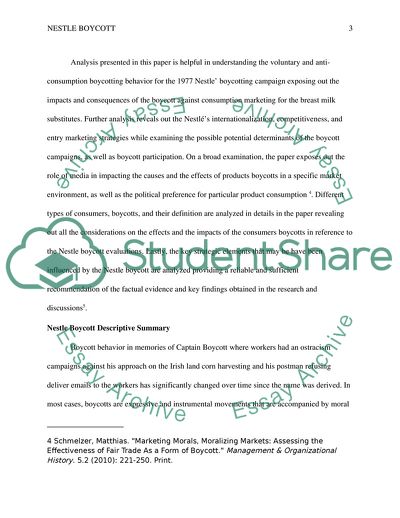Cite this document
(Nestle Boycott Essay Example | Topics and Well Written Essays - 2250 words, n.d.)
Nestle Boycott Essay Example | Topics and Well Written Essays - 2250 words. https://studentshare.org/marketing/1870161-nestle-boycott
Nestle Boycott Essay Example | Topics and Well Written Essays - 2250 words. https://studentshare.org/marketing/1870161-nestle-boycott
(Nestle Boycott Essay Example | Topics and Well Written Essays - 2250 Words)
Nestle Boycott Essay Example | Topics and Well Written Essays - 2250 Words. https://studentshare.org/marketing/1870161-nestle-boycott.
Nestle Boycott Essay Example | Topics and Well Written Essays - 2250 Words. https://studentshare.org/marketing/1870161-nestle-boycott.
“Nestle Boycott Essay Example | Topics and Well Written Essays - 2250 Words”. https://studentshare.org/marketing/1870161-nestle-boycott.


